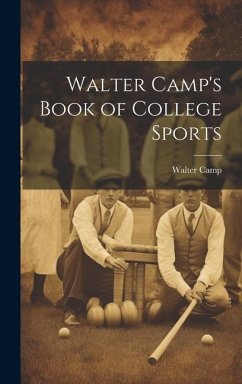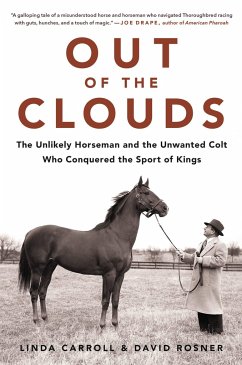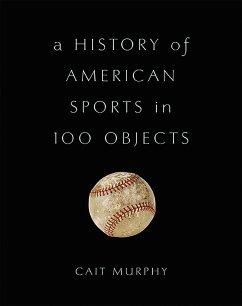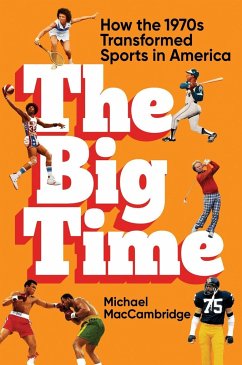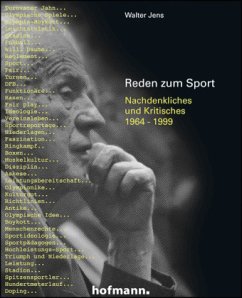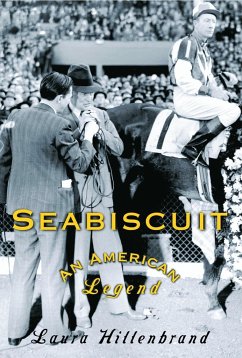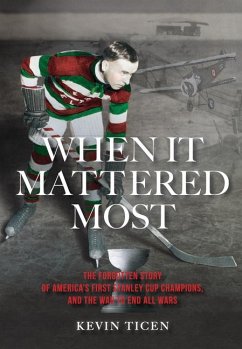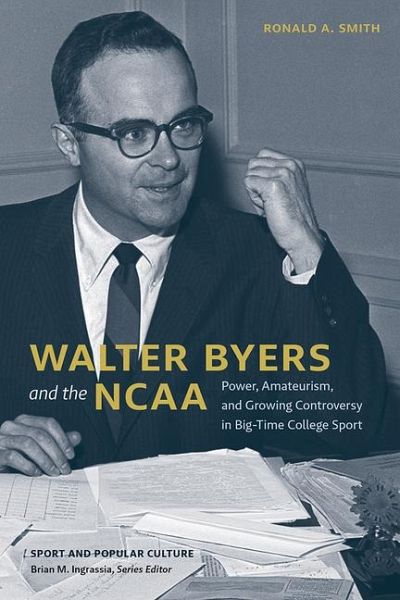
Walter Byers and the NCAA
Power, Amateurism, and Growing Controversy in Big-Time College Sport
Versandkostenfrei!
Versandfertig in über 4 Wochen
26,99 €
inkl. MwSt.
Weitere Ausgaben:

PAYBACK Punkte
13 °P sammeln!
"Walter Byers long played a role in college athletics, initially with the Big Ten Conference and then as the first executive director of the NCAA. This new study examines Byers's term as executive director, from 1951-1988, a time when collegiate sports, especially football, saw a rise both in popularity and in coaching and administrative salaries. But Byers held fast to the ideals of amateurism upon which the NCAA was originally founded. Historian Ron Smith explores the duality of a rapidly growing NCAA in a collegiate context previously defined by the student-athlete and an ethos of amateuris...
"Walter Byers long played a role in college athletics, initially with the Big Ten Conference and then as the first executive director of the NCAA. This new study examines Byers's term as executive director, from 1951-1988, a time when collegiate sports, especially football, saw a rise both in popularity and in coaching and administrative salaries. But Byers held fast to the ideals of amateurism upon which the NCAA was originally founded. Historian Ron Smith explores the duality of a rapidly growing NCAA in a collegiate context previously defined by the student-athlete and an ethos of amateurism. Smith focuses on Byers's guidance of major cultural shifts in the NCAA during his tenure, including the long integration of collegiate sports, the passage of Title IX, which saw women's sports placed, at least legislatively, on an equal playing field with men's athletics, and the development of major television deals for NCAA sports, especially football and basketball. All in all, Smith's study of Walter Byers and his leadership of the NCAA sheds light on a tumultuous time in the organization's history and presents arguments against an amateurism that is still present despite recent NIL rights and the reclassification of the student-athlete"-- Provided by publisher.





